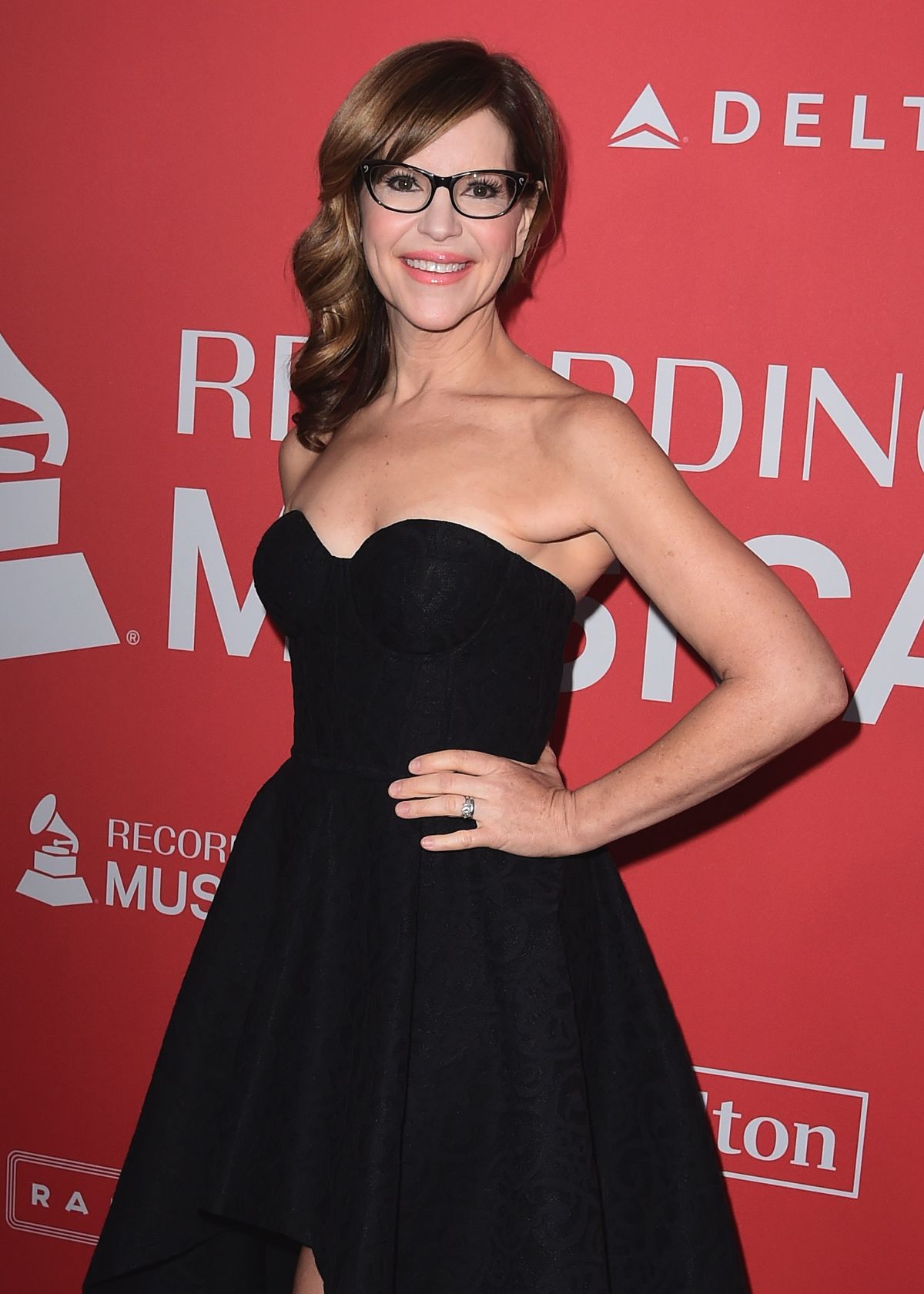

But again, it goes back to that when I was a kid, where entertainment wasn't divided up between what’s for kids and what’s for grown-ups. It really could be in the standards bin at the record store more than with the children's records, I think. So we sort of took that concept to the lullaby record. "We started to piece together songs that had titles that sounded like they'd be on a lullaby record," Loeb explains, "like 'Be My Baby' or 'In My Room' or 'The Sun’ll Come Out Tomorrow.' And Larry (Goldings) and I had had played around with jazz arrangements in the past. In 2017, she released an album called "Lullaby Girl" that took the idea of making children's records grown-ups could enjoy in an intriguing new direction, an album of "lullabies" that range from "Dream a Little Dream" to "Be My Baby" and "Tomorrow." Loeb's career took an interesting turn in 2003 when she released her first of several children's albums, "Catch the Moon," which found her reuniting with her pre-fame singing partner, Elizabeth Mitchell of Liz and Lisa. "But there is definitely earnest straightforward emotion in that song." Recording children's music for all ages One thing that song has in common with her breakthrough, Loeb says, is that it's completely earnest. So I wrote a song to the record company, saying 'You don't hear it, but I do,' which was like, 'You don’t hear a single, but I do.' It was very literal, and it became very popular." "I felt like I was in an episode of 'Behind the Music' on VH1 where then the band was made to go write singles. "I thought the record was already done," she recalls, with a laugh. And she responded with "I Do," a hit about the label telling her they didn't hear a hit. When Loeb turned in the full-length followup to "Tails," she says, the label sent her back to write a hit. We were just using a sonic palette that really ranged."īoth songs were featured on her breakthrough album, "Tails," released in 1995 and featuring her band, Nine Stories. But then also textural things like the Sundays or Johnny Marr guitar solos. "That's the kind of music I enjoy listening to. "We produced that song a little bit more rock," Loeb says. She followed through on the success of "Stay (I Missed You)" with a second hit that rocked a good deal harder than her breakthrough, "Do You Sleep?"

And it's working on radio.'" Following through with 'Do You Sleep?' Because the record company, to a certain extent, had to say ‘Wait, she knows what she's doing. "I think that gave me a sense of security and also power. "I was lucky that I had a song on the radio that we had made the way we wanted on our own," she says. It also made her feel more confident, which can be important when you're dealing with a major label. I can't wait to see what's coming next.'" It was a feeling of, like, 'Wow, a lot of people are connecting with this. Especially because the song was on pop radio. "I suddenly felt like I didn't have to continue to do temp work or find other jobs," she says. And we all supported each other and went to see each other play and were involved in each other's projects." There was a big group of us who were musicians and playwrights and actors, just a bunch of different types of creative people. "So when I got to New York, we ended up running in the same circles.
Lisa loeb movie#
"One of my friends at Brown was a professional actor and had been in a movie with Ethan called 'Alive,'" she says. She met Hawke through a friend she made while a student at Brown University. And that was such a different type of video at the time that it stood out on MTV and VH1." Ethan Hawke and the proximity effect "He wanted something that was like me telling a story, singing straight to the camera like I was having a conversation or an argument with someone and that's what he captured in that one-take video," Loeb recalls. It doesn't hurt that the singer delivers her personal take on relationship troubles in the context of one of the decade's more contagious ballads or that Hawke directed such a memorable music video. Loeb figures part of what made her breakthrough single so successful is that it offers "a very personal take on a classic heartbreak and argument theme, so people really connect with it." In addition to earning a spot in "Reality Bites," "Stay (I Missed You)" was chosen to be the first single released from the soundtrack.


 0 kommentar(er)
0 kommentar(er)
